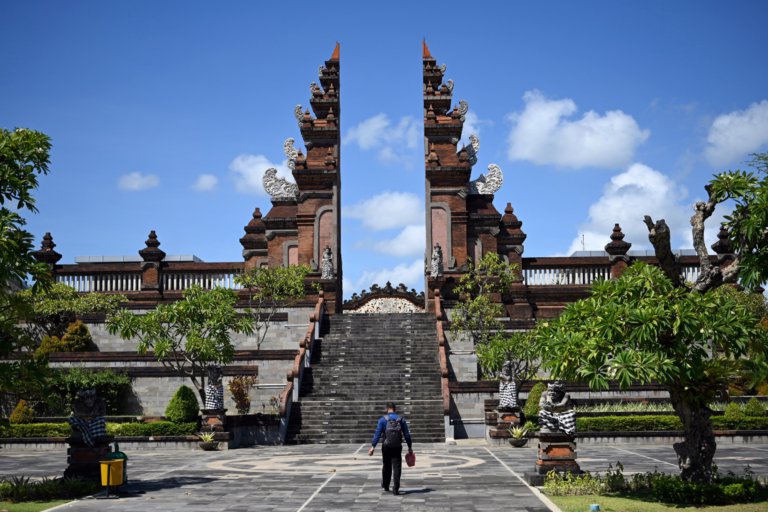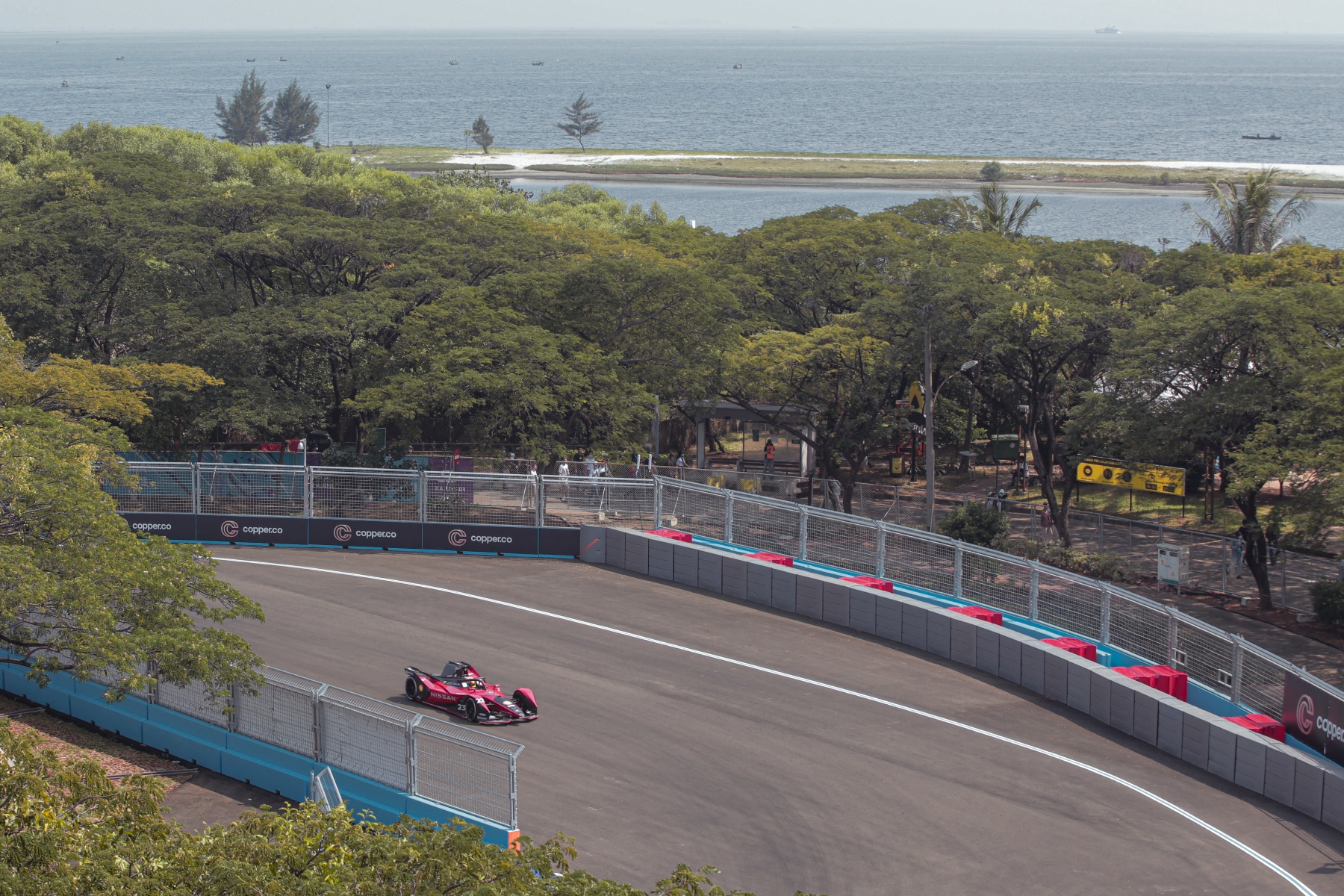
Volcanic beaches. Iconic beaches. Stunning coral reefs. A new “digital nomad visa” is expected to be introduced by the Indonesian government soon. It will allow remote workers to live and work in this popular tourist destination, tax-free, for up to five years.
Sandiaga Uno, Indonesia’s tourism minister, shared in an interview with Bloomberg last month that the special nomad visa will be granted if remote workers can show that their income originated outside of Indonesia.
#Bali Announces ‘Digital Nomad Visa’ That Lets You Work On Island Tax-Free https://t.co/YnqlPRDAfh #digitalnomad #nomadvisa
— Fátima Saldívar A (@paima27) June 29, 2022
Uno said the digital nomad visa is one of the country’s initiatives to attract 3.6 million foreign tourists back to the archipelago and help create one million new jobs for Indonesians since borders worldwide have reopened.
“Now with the pandemic handled and all the ministries getting involved and cooperating from the health side to the immigrations office, we believe that this is an opportune time to relaunch this idea,” the Indonesian tourism minister told reporters.

Indonesia hosted its first Formula E race in June 2022 — one of three initiatives by the country to boost the tourism industry’s impact on the local economy. Source: Popoh Ria/AFP
Digital nomad visa in Indonesia: What students should know
A growing number of companies are allowing their staff to engage in hybrid or remote work. This includes Airbnb and Twitter which allow workers to work from home.
The digital nomad visa could benefit graduates who go on to work for companies that allow remote work.
For many years, Bali has become a digital nomad hotspot for good reasons. Its gorgeous beaches, colourful culture, and affordable cost of living make it an ideal paradise for remote workers to live and work in. TV and screenwriter Jordyn Giddens enthuses her enthusiasm for the digital nomad visa.
I need someone to take my internet away. I’ve started researching digital nomad visas.
— Jordyn Giddens (@JordynGiddens) June 30, 2022
Uno explains that around 95% of remote workers who responded to a survey said that Indonesia — particularly Bali — was their “top of mind” destination when choosing their location to work remotely.
He said the Indonesian tourism ministry has pushed for the idea of a digital nomad visa since early 2021. However, the plan was derailed by COVID-19 resurgences, stringent border controls and a lack of flights.

The flexibility of remote working allows you to enjoy the beautiful moments in life, such as views like these. Source: Sonny Tumbelaka/AFP
Currently, Indonesian student visa holders cannot work in the country. According to the Economic Times, a company will need to sponsor an IMTA (Ijin Mempekerjakan Tenaga Kerja Asing) for anyone to legally work in Indonesia. A residence permit for Indonesia is also needed.
The special visa will also help boost the tourism industry’s impact on the local economy. Uno told Bloomberg: “In the past, the three S was: sun, sea and sand. We’re moving it to serenity, spirituality and sustainability. This way, we’re getting better quality and impact on the local economy.”
As the digital nomad visa has yet to be implemented, little information is available on how to apply for the visa.










